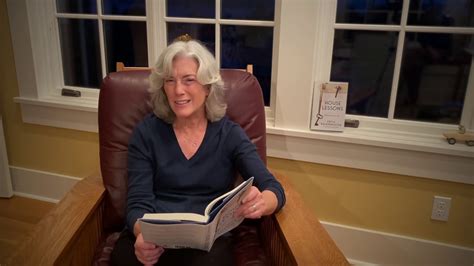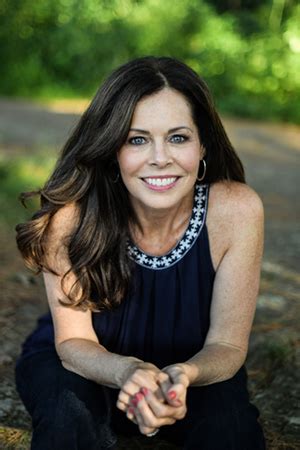A Quote by Erica Bauermeister
Adults need to have fun so children will want to grow up.
Related Quotes
Children grow rapidly, forget the centuries-long embrace from their parents, which to them lasted but seconds. Children become adults, live far from their parents, live their own houses, learn ways of their own, suffer pain, grow old. Children curse their parents for their wrinkled skin and hoarse voices. Those now old children also want to stop time, but at another time. They want to freeze their own children at the center of time.
If nothing has helped you decide, go ask a child. Children know what they need, and more surprisingly, the know what we need. Adults think. Kids respond with their feelings. They don't think about what you will think of their answer, so they just speak the truth-if you can get to them before junior high school age. At that time, they grow up, stop feeling loved, become depressed and start thinking-and what they are thinking about worries me.
Although we like to think of young children's lives as free of troubles, they are in fact filled with disappointment and frustration. Children wish for so much, but can arrange so little of their own lives, which are so often dominated by adults without sympathy for the children's priorities. That is why children have a much greater need for daydreams than adults do. And because their lives have been relatively limited they have a greater need for material from which to form daydreams.
Only children believe they're capable of everything. They're trusting and fearless; they believe in their own power and get exactly what they want. When children grow up, they start to realize that they're not as powerful as they thought and that they need other people in order survive. Then the child begins to love and to hope his love will be requited; and as life goes on, he develops an ever-greater need to be loved in return, even if that means having to give up his power. We all end up where we are now: Grown-ups doing everything we can to be accepted and loved.
All in all, the communally reared children of Israel are far from the emotional disasters that psychoanalytic theory predicted. Neither have they been saved from all personality problems, as the founders of the kibbutz movement had hoped when they freed children from their parents. In any reasonable environment, children seem to grow up to be themselves. There is no evidence that communal rearing with stimulating, caring adults is either the ruination or the salvation of children.



































